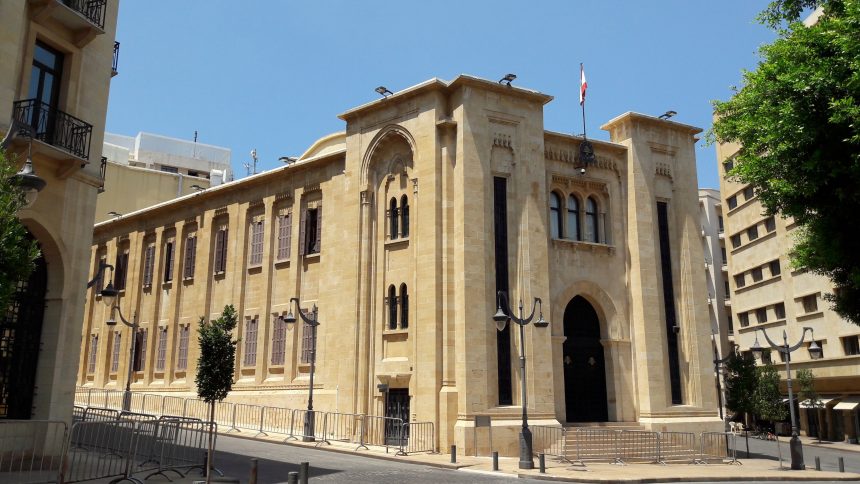Parliament’s Finance and Budget Committee finished discussing the 2022 annual budget. The committee asked the Ministry of Finance for some clarification, especially on the exchange rate used for custom duties, commonly called the “customs dollar”. Pundits argued that the “customs dollar” should be set at 20,000 LBP to the dollar, while others suggested 12,000 or 14,000 LBP. Currently, the “customs dollar” rate is 1,500 LBP to the dollar, the central bank’s Sayrafa platform rate is around 26,000 LBP to the dollar, and the black-market rate is around 33,000 LBP
LIMS believes that the budget is overly optimistic regarding expected revenues resulting from the increase in taxes, fees, and the customs dollar (tariffs). First, the year 2022 is almost over, and therefore new tariffs and taxes will only apply to the remaining four months of the year. Second, increasing the customs duties using the “customs dollar” will not lead to the projected revenues, since customs evasion would be incentivized. Many businesses would simply evade tariffs due to the large loopholes in the multi-rate system imposed, along with the corruption in the customs department. Tariff evasion is quite easy in Lebanon and businesses will either resort to it or shut down. Smugglers would also benefit from the increased tariffs at the expense of honest and legal businesses, and Lebanon would see a price hike for many goods. Third, increasing tariffs in a time of extreme crisis and poverty, would further stifle the market and intensify the crisis, while the actual government revenues would fall well below the anticipated amount.
LIMS opposed adding a new exchange rate dedicated to tariffs and suggested using the floating central bank’s Sayrafa platform rate. At the same time, LIMS suggested the simplification and reduction of tariffs substantially through using a unified flat rate on all imported items somewhere between 0% and 2%. Consequently, the increase in the “customs dollar” would be offset by the decrease in tariffs. Reforming customs in this way would positively impact consumers, while simultaneously rendering tariff evasion less tempting, in turn increasing the overall revenues.
| Click here to view LIMS Media Interviews |

